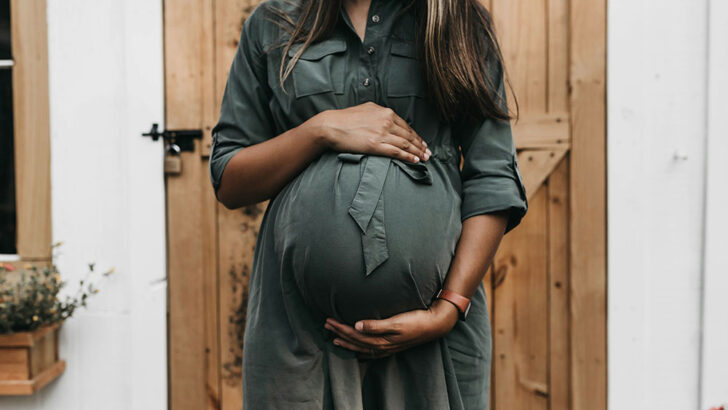Sandra Adams
The Assisted Human Reproduction Bill was passed by the Houses of the Oireachtas on June 27. The bill and its amendments legislate for In vitro Fertilisation (IVF), gamete and embryo donation, stem cell research and domestic and international surrogacy. People who seek to adopt children in Ireland are subject to stringent and lengthy assessments by Tusla.
Prospective parents who seek to acquire a child by surrogacy will not be subject to the same evaluation. Nowhere in the 197-page Bill is there any reference to the words ‘vetting’, ‘Tusla’, ‘screening’, ‘psychological or physical suitability’ or ‘criminal record’ in relation to the ‘commissioning’ parents. This is an extraordinary oversight. The Minister for Health, Stephen Donnelly rejected the amendment proposed by Senator’s Ronan Mullan and Sharon Keoghan that would have excluded convicted sex offenders, especially those with convictions for sexual offences against children from availing of surrogacy.
Rebuttal
The argument against the amendment is that these offenders can have children naturally and this is not prevented by law. While this is true does the State have to facilitate such people to become parents? Those who suggested amendments and cautioned against legalising surrogacy were met with a bizarre mixture of accusations that ranged from being ‘far right’ and ‘anti LGBT’.
The claim is made that surrogacy is an altruistic act, an act of kindness. Is it kind to expose surrogate mothers to higher risk pregnancy and complications? Is it kind to deny a woman her child upon delivery and deny children a relationship with their mother? The argument will be made that the surrogates have no genetic link to the children they carry for others and that they are fully informed and consent to the process.
The truth is that there will be very few ‘domestic’ surrogate mothers willing to perform this function in Ireland, most surrogacy arrangements will be made internationally in countries with significantly lower standards of living and where the Irish State will have no oversight. The bill permits undefined “reasonable expenses” for acting as a surrogate. In practice this will become a fee. If a woman in Columbia can earn in a year what it would take four years to earn in her regular minimum wage job the pressure on her to act as a surrogate will be enormous and some women won’t have a choice.
The ‘industry’ will be infiltrated by the worst kind of people and women will be exploited to an even greater degree”
Forbes magazine reports that “the commercial surrogacy industry is experiencing a global boom expected to reach $129 billion by 2032, exponentially higher than its estimated 2022 value of $14 billion”.
As sure as night follows day if that kind of money is available to be made the ‘industry’ will be infiltrated by the worst kind of people and women will be exploited to an even greater degree. In 2023 RTÉ reported that eight people were arrested at a major fertility clinic in Crete, accused of trafficking vulnerable women from countries like Georgia and Albania to become surrogates for foreign couples.
Dignity
Irish politicians appear to be suffering from a severe dose of exceptionalism that convinces them they are unique in their ability to avoid the surrogacy pitfalls experienced in every other jurisdiction where it is practiced. The truth is that Ireland will become a driver of the international fertility industry.
While no reasonable person could fail to empathise with those who experience the sorrow of infertility, we must accept that children are not gifts, they are not commodities to be sold and bought. Being a parent is not a human right. Across all time and cultures there are practices that are universally rejected as depriving humans of their dignity, including the separation of mothers from their children. Ireland knows this all too well and yet our legislators have codified into law a practice that will cause immeasurable suffering for women and children. Surrogacy is a symptom of society’s increasing refusal to accept that living comes with limits, and a refusal to accept the attendant grief that comes with the loss of the dream of a family.
The dream of the infertile couple/individual will have to be serviced by the nightmare of an impoverished woman.
Sandra Adams is a mother of two, living and working in Dublin. She is interested in how ‘critical theories’ are impacting education, women’s rights and safeguarding and has written for Genspect and The Countess on these subjects.



